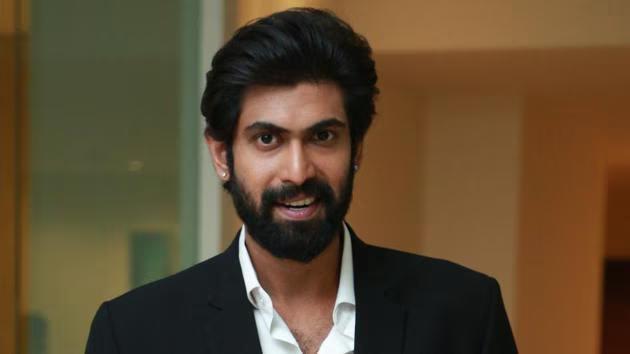
Nobody’s being forced: Rana Daggubati on actors working overtime
The debate about working hours of actors in the Indian film industry has been a topic of discussion in recent times. The issue gained momentum after actress Deepika Padukone spoke out about the 8-hour shift she was asked to work on the sets of a film, sparking concerns about the well-being of actors. However, actor Rana Daggubati has come forward to clarify that the situation is not as dire as it seems.
In an interview, Rana Daggubati stated that nobody is being forced to work overtime and that it’s always a choice for actors. He also pointed out that working conditions vary across regional film industries. “In Maharashtra’s film industry, it’s a 12-hour shift…in Telugu film industry it’s an eight-hour shift,” Rana said. “No actor is being forced to work overtime…it’s always a choice…some actors work…for four hours,” he added.
Rana’s statement is a stark contrast to the narrative that has been built around the working hours of actors in the industry. Many have spoken out about the grueling schedules and long working hours, which have taken a toll on their physical and mental health. However, Rana’s comment suggests that the situation may not be as uniform as it seems.
It’s true that the Indian film industry is a demanding one, and actors often put in long hours to ensure that their projects are completed on time. However, Rana’s statement highlights the fact that the working conditions vary across different regions and industries. While some actors may be working 12-hour shifts in the Maharashtra film industry, others may be working 8-hour shifts in the Telugu film industry.
Rana’s comment also raises questions about the choices that actors make regarding their working hours. While some actors may choose to work longer hours to ensure that their projects are completed on time, others may choose to work shorter hours to prioritize their well-being. It’s a personal choice that each actor must make, and it’s not necessarily a reflection of the industry’s treatment of its actors.
It’s also worth noting that the Indian film industry is a highly competitive one, and actors often have to work long hours to stay ahead of the competition. In an industry where success is often measured by the number of films one can complete in a year, actors may feel pressure to put in long hours to ensure that they are meeting their targets.
However, Rana’s statement also highlights the need for better working conditions in the industry. While actors may have a choice regarding their working hours, it’s also important to ensure that they are not being exploited or taken advantage of. The industry needs to prioritize the well-being of its actors and provide them with safe and healthy working conditions.
In conclusion, Rana Daggubati’s statement highlights the need for a nuanced understanding of the working hours of actors in the Indian film industry. While it’s true that some actors may be working long hours, it’s also important to recognize that it’s a personal choice and not necessarily a reflection of the industry’s treatment of its actors. The industry needs to prioritize the well-being of its actors and provide them with safe and healthy working conditions.






